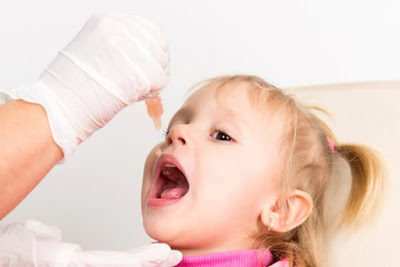That looks after the senior? Searchings for from country Southern Africa
Southern Africa is aging quickly, sparking enhancing rate of passion both in what treatment is required for older grownups and on exactly just how it is offered.
Treatment requirements are frequently determined in connection with the capability to carry out core tasks of everyday living. These consist of obtaining clothed, washing, mosting likely to the bathroom, consuming, strolling throughout a space (movement) and entering into or from a resting location (moving). The presumption is that these tasks are crucial to a person's capcapacity to take part (and certainly just make it through) in culture. However this increases essential concerns consisting of exactly just how these requirements are dispersed, are they satisfied, and are they satisfied similarly?
In Southern Africa neither the specify neither the economic sector regularly offer organizations for individuals residing in bad neighborhoods. Treatment centers are typically restricted to metropolitan locations, and are frequently thought about a last option. Individual treatment is for that reason presumed to be offered by household and home participants, with a single person handling many jobs.
Conventionally, ladies are anticipated to be the primary service companies of like the senior, an expansion of the caregiving they may offer to babies and kids, partners and others. Particular presumptions consist of: that a kinswoman will want and able to offer individual treatment and help in daily home activities; that homes have the financial capability to offer this care; which those that offer treatment don't in transform require treatment and their health and wellness is fairly steady. The truth is much more complicated.
In current deal with associates, we analysed information on the tasks of everyday living from the standard rounded of a longitudinal examine on aging amongst individuals matured 40 and older in a country neighborhood in northeastern Southern Africa.
Ternyata Judi Sabung Ayam Menghasilkan Uang
To obtain a feeling of the degree of disability and assistance, we initially determined if individuals required support with tasks of daily living, and if so exactly just how a lot. This consisted of whether they utilized an help to stroll or utilized floorings or furnishings to assist them move. It likewise consisted of whether anybody else helped them. Second of all, we took a look at whether there was a space in between the treatment they required and the treatment they obtained.
What we discovered
Our function reve
aled some points we had anticipated. For instance, disability in tasks of everyday living, and therefore treatment requirements, were unsurprisingly greater in older ages. Many treatment that was provided was casual, often from family members and practically never ever by federal government or NGOs. Individuals that obtained assistance from various other family members were much a lot extra most likely to have their requirements just partly satisfied compared to those assisted by their partner.
However we likewise discovered some unforeseen points. Many worryingly, regarding a 3rd of those that required support with everyday living really did not obtain assistance from anybody else. Unmet require was usually provide in more youthful individuals – that's, treatment was probably to be offered in older individuals, those with a majority of impairments. While we cannot show it, this might be since more youthful individuals are not anticipated to require assistance.
Additionally, ladies – of any ages – had higher unmet requirements compared to guys. Due to distinctions in life span, older ladies were much a lot extra most likely widowed therefore less dealt with somebody able to offer support with tasks of everyday living. However ladies matured 40-60 that required support were much a lot extra most likely compared to ladies over 60 to have unmet treatment requirements. Factors for this might consist of that middle-aged ladies are offering like others and for that reason are not viewed as requiring assistance, or that they depend for treatment on others that are older, themselves require assistance and are not able to assist a lot.



